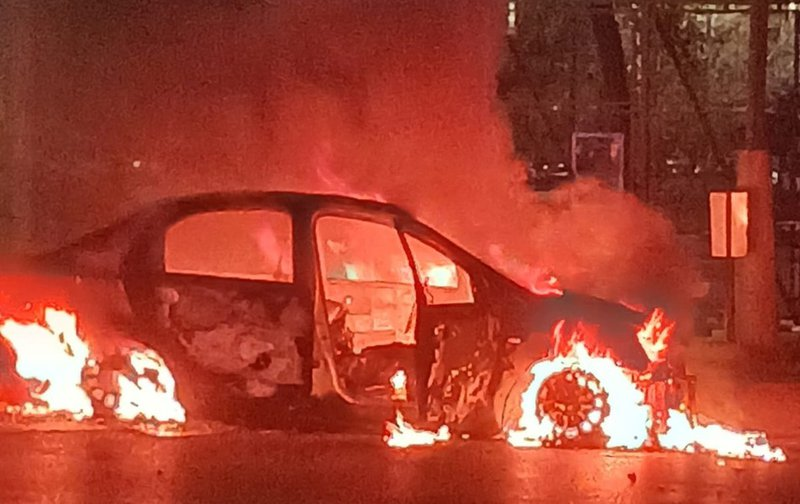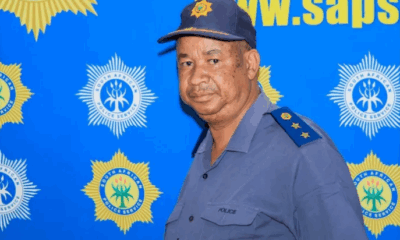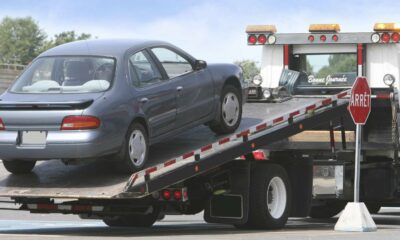Opinion
From Uber’s Arrival to a Driver’s Death: How Government Neglect Turned Transport into a War Zone

On a quiet Wednesday night in Soweto, 27-year-old Mthokozisi Mvelase’s life was violently cut short. Only three days into his job as an Uber driver in Johannesburg, he was shot and his vehicle set ablaze at Maponya Mall. The next day, the community responded with rage, torching a minibus taxi in protest.
A Decade of Neglect
Mvelase’s death is not an isolated incident, it’s a tragic symptom of a transport sector left to fester in lawlessness. Since Uber first entered South Africa in 2013, clashes with minibus taxis have been frequent and brutal. Government oversight has been minimal, leaving e-hailing drivers vulnerable to violent intimidation by an industry that grew unchecked.
Former metered-taxi networks and now-dominant minibus taxi associations created a de facto mafia, with allegations of patrols stopping suspected e-hailing vehicles and forcing male drivers to “prove” passengers’ relationships. Laws designed to regulate the sector came too late, and enforcement has been sporadic at best.
The Broader Picture
The conflict is also a mirror of South Africa’s larger social crises: youth unemployment, economic inequality, and government inaction. As Soweto residents blocked roads in protest, burning tyres along Chris Hani Baragwanath Road and up to the N1—the ripple effects were felt citywide: ambulances delayed, workers stuck in traffic, businesses under strain, and essential services disrupted.
Meanwhile, national politics carried on. President Cyril Ramaphosa’s National Dialogue launched at UNISA, while protests in Soweto signaled a sharp disconnect between government initiatives and the realities on the ground.
Government Accountability
The ANC’s approach over the years reflects a chronic unwillingness to regulate the transport sector. Under Jacob Zuma, legislation arrived too slowly. Under Ramaphosa, the government has largely let minibus taxis operate as an autonomous, sometimes violent, entity. The result: ordinary citizens pay the price, and young entrepreneurs like Mvelase face mortal danger simply for trying to earn a living.
The lesson is clear: policies without enforcement create gaps that predators exploit. Until the government takes decisive action to regulate e-hailing and taxi operations, these tragedies will continue. The cycle of violence, fueled by neglect, corruption, and fear, remains unbroken.
A Community Pushed to the Edge
Soweto’s angry response, while destructive, is a vivid expression of frustration over a system that prioritizes bureaucracy over human life. For communities living in the crossfire, protests are the only way to demand attention and action.
It is past time for policymakers, law enforcement, and the ANC to stop speaking in platitudes. They must confront the entrenched power of the taxi industry, protect e-hailing drivers, and restore basic safety to South Africa’s roads. Mvelase’s death should not be another statistic; it must be a catalyst for meaningful reform.
{Source: The Citizen}
Follow Joburg ETC on Facebook, Twitter , TikTok and Instagram
For more News in Johannesburg, visit joburgetc.com



























